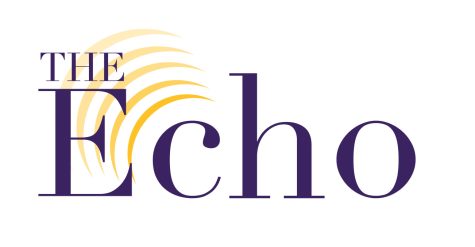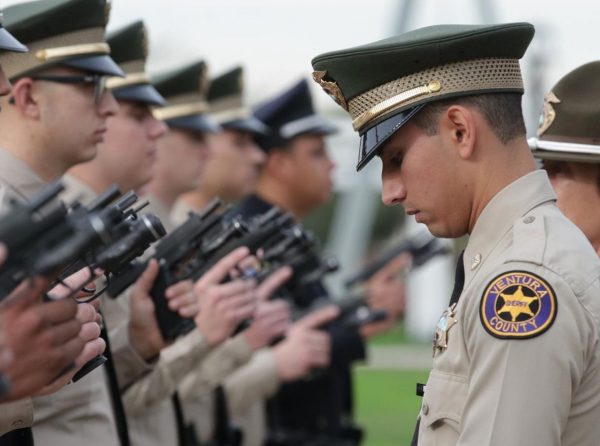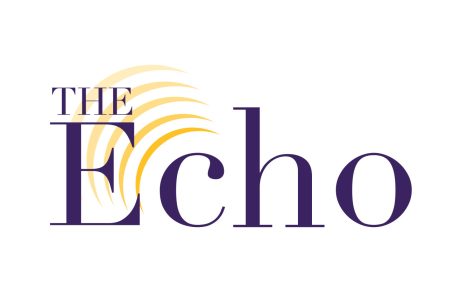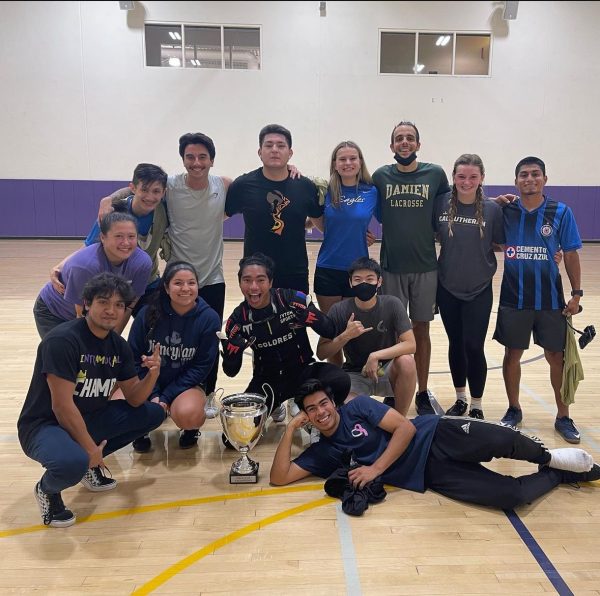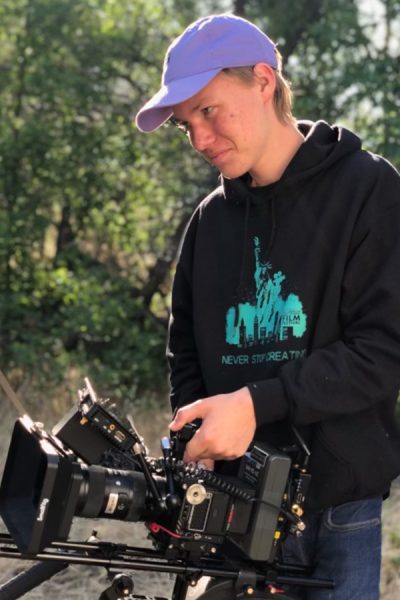Editorial: What is the value of student journalism?
September 23, 2020
Students are well into the 13-week fall semester at California Lutheran University.
With under 400 students on campus, most undergraduate research taking place remotely, a roughly 20% revenue shortfall and no sports teams competing, it’s evident this wasn’t the year anyone was expecting.
But The Echo is still here.
Over the summer, The Echo’s editorial team engaged in hours of Zoom meetings and months of email correspondence to develop a flexible plan for how we would create and deliver news in a way that could serve the broadest range of the Cal Lutheran community.
With no access to our own funds, we can’t print a physical newspaper.
Instead, we are writing, editing and publishing news around the clock online. We are showcasing community members’ stories and sharing important updates on our social media feeds.
We even launched a podcast.
The Echo is producing more content than ever.
Last week, members of our editorial team had the opportunity to interview Paloma Vargas, director of Hispanic Serving Institution Initiatives, professor of Biology and member of the POC Collective.
She reminded us of The Washington Post’s slogan, “Democracy Dies in Darkness.”
Vargas said that Cal Lutheran can no longer sit in the dark.
Since 1961, The Echo has strived to shed light on injustice. To illuminate those making a positive impact on our campus.
To dive deep into how institutions and systems operate at Cal Lutheran, sometimes the parts that some people think should remain in the dark.
But we are here to report. We are here to hold Cal Lutheran and it’s communities accountable.
The main purpose of The Echo is to gain practical journalistic experience: covering everything from small events in Kingsmen Park to the Borderline mass shooting, spending countless hours in interviews, reading through annual reports, digging into university policies and procedures, balancing ethics and timeliness, designing pages for print and so much more.
In addition to experience, The Echo has previously been a paid on-campus position.
In the past, editors received stipends for about eight hours of work per week, at minimum wage.
On Sept. 24, week four of working unpaid, we heard confirmation that we would be compensated for our time this semester.
While we have always committed more time than what is compensated, now we are each dedicating over 20 hours per week.
Because Cal Lutheran has stories to share–a seemingly endless stream in 2020–The Echo continues to work.
There is no room in journalism to just stop. So we work. We show up.
This article was updated Sept. 24 at 5:35 p.m. to denote that The Echo editorial staff will receive stipends for our work. An earlier version stated that The Echo editorial staff was working for free.



